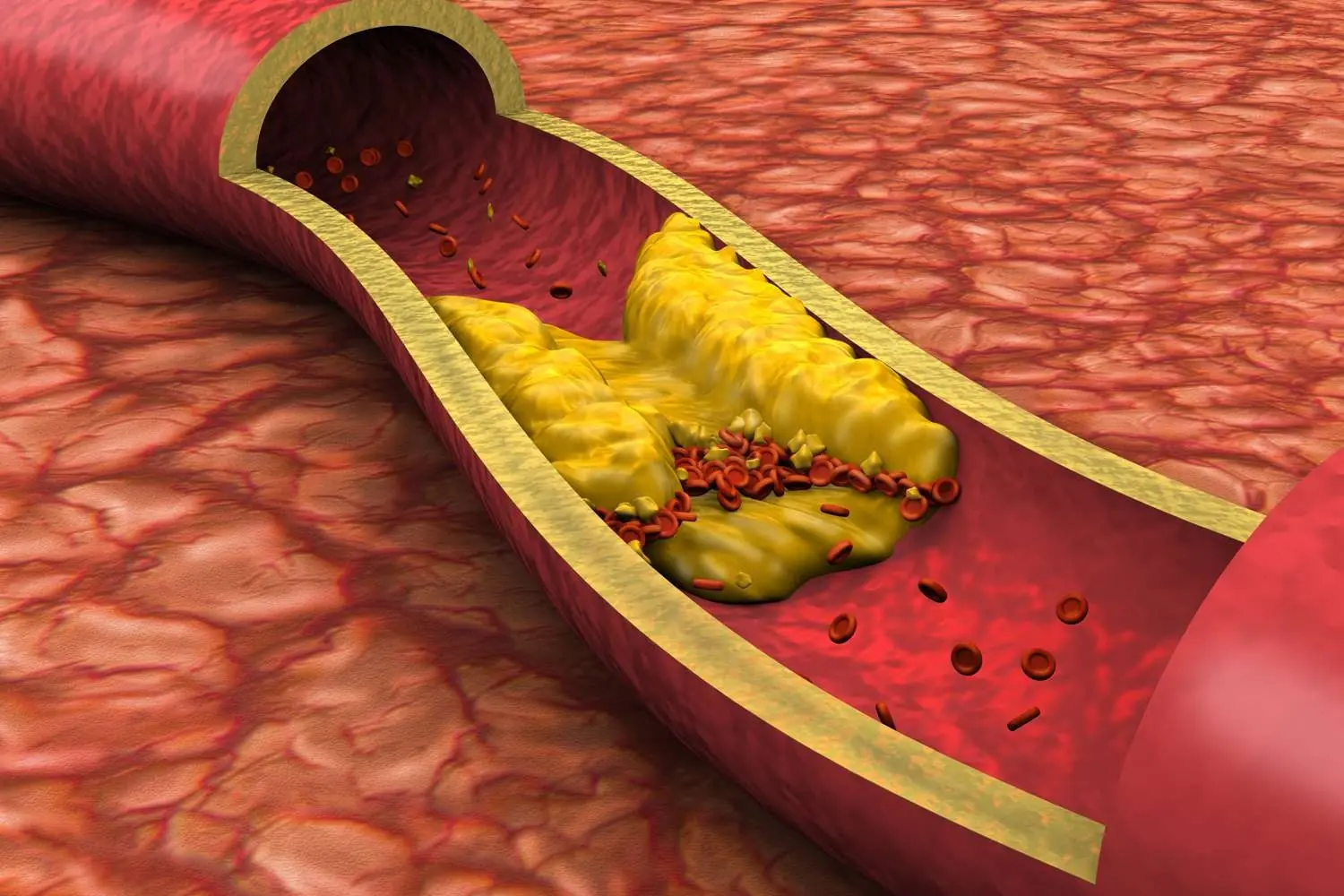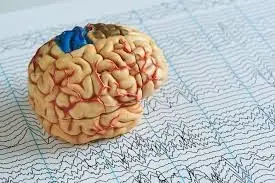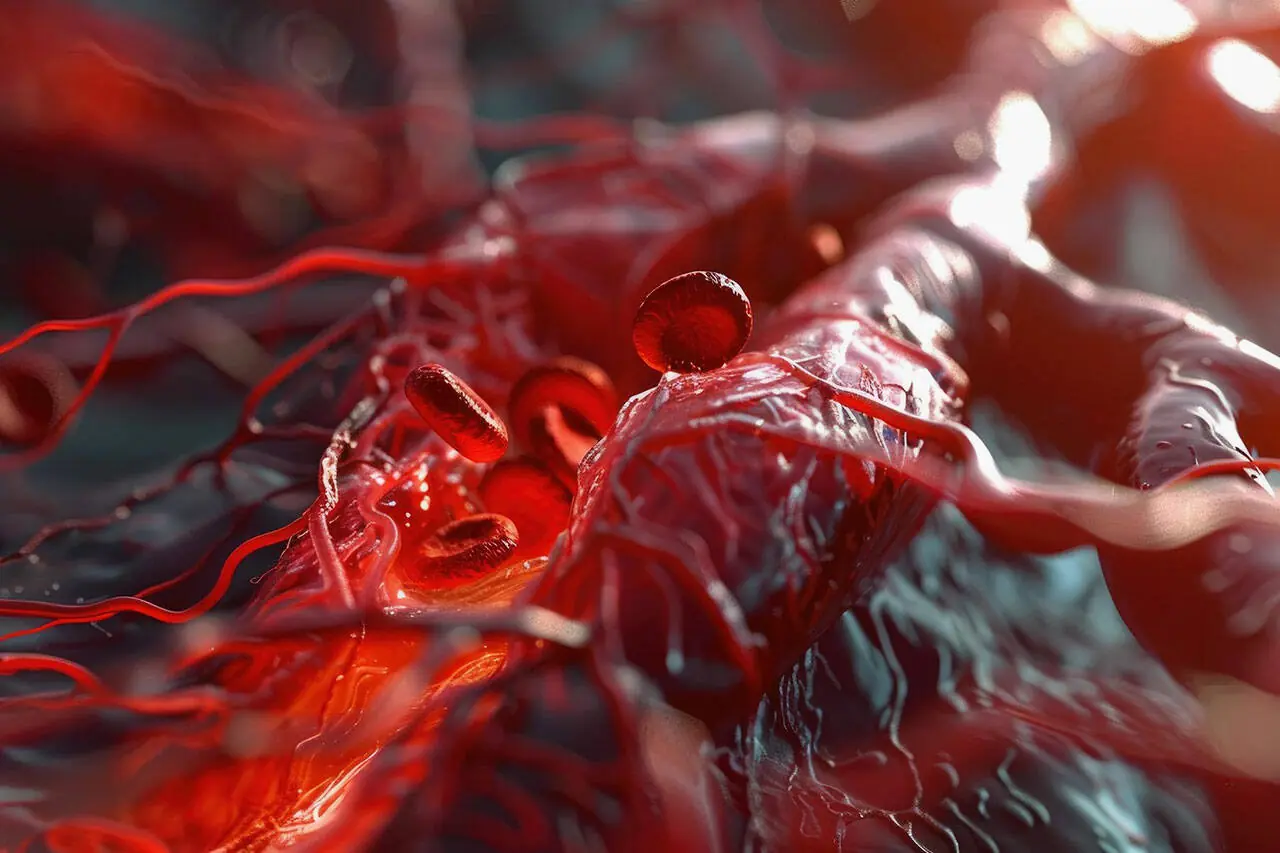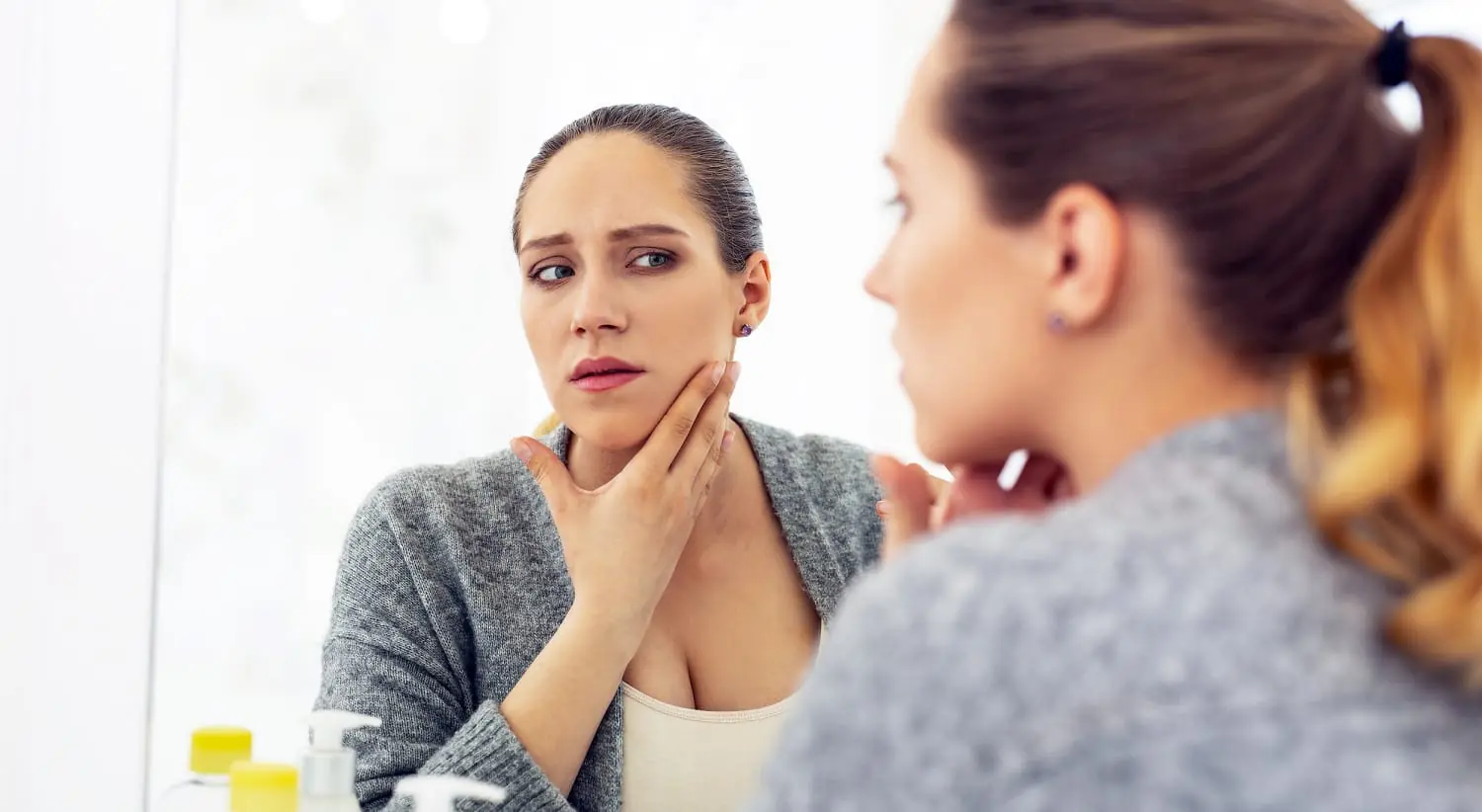
Waking Up to Pee? Here’s What You Should Know—and When It Might Be a Problem
Nocturia: Why You Wake Up at Night to Urinate (and What You Can Do About It)
Waking up once in a while to use the bathroom is normal—but if it happens multiple times a night, it can interfere with your sleep, leave you exhausted, and even impact your health. This condition is known as nocturia, and while it’s common, especially in older adults, it’s not something you should ignore.
What Exactly Is Nocturia?
Nocturia is defined as waking up at least two or more times per night to urinate. It differs from enuresis (bedwetting), which refers to involuntary urination during sleep. Instead, people with nocturia wake up with the conscious urge to go, often struggling to fall back asleep afterward.
Common Causes of Frequent Nighttime Urination
1. Aging
As we get older, our bodies produce less of the antidiuretic hormone (ADH), which normally helps conserve fluids overnight. Without enough ADH, the kidneys produce more urine, leading to nighttime trips. At the same time, aging can weaken bladder muscles, reducing their capacity to hold urine.
2. Lifestyle and Habits
-
Drinking excessive fluids before bed (especially caffeinated drinks, alcohol, or carbonated beverages)
-
Late-night snacking on salty foods, which can increase thirst and urine production
-
Certain medications, such as diuretics for high blood pressure, that shift fluid balance
3. Pregnancy and Childbirth
During pregnancy, the growing uterus presses on the bladder, increasing the urge to urinate. After childbirth, weakened pelvic floor muscles may contribute to long-term bladder control issues.
4. Health Conditions
Sometimes, nocturia signals an underlying problem that requires medical attention:
-
Chronic urinary tract infections (UTIs) or bladder inflammation
-
Diabetes – excess glucose in the blood draws more water into the urine
-
Prostate enlargement (BPH) in men, which obstructs urine flow
-
Heart failure – fluid buildup during the day shifts into circulation at night
-
Chronic kidney disease – impaired kidneys can’t regulate fluid balance properly
-
Sleep disorders such as insomnia, restless legs syndrome, or sleep apnea
Symptoms to Watch For
While the hallmark symptom is frequent urination at night, nocturia often comes with other clues:
-
Strong urgency to urinate but passing only a small amount
-
Waking multiple times (sometimes up to 5–6 times per night)
-
Producing unusually large volumes of urine at night
-
Interrupted sleep, which can increase fatigue, mood changes, and in older adults, the risk of falls or injuries
How Doctors Diagnose Nocturia
Your doctor will typically start with a physical exam and a detailed discussion of your symptoms. You may be asked to keep a bladder diary for a few days—tracking when and how often you urinate, how much you drink, and what types of fluids you consume.
Common diagnostic tests include:
-
Urinalysis – checks for abnormalities such as sugar, protein, or signs of infection
-
Urine culture – identifies bacterial infections
-
Post-void residual test – ultrasound to see how much urine remains in the bladder after urination
-
Blood tests – to evaluate kidney function, blood sugar, and electrolyte balance
Treatment Options
The right treatment depends on the root cause, but approaches usually fall into two categories: lifestyle changes and medical therapies.
Lifestyle Adjustments
-
Limit fluid intake 2–4 hours before bedtime
-
Reduce caffeine and alcohol, especially in the evening
-
Elevate your legs during the day or wear compression stockings to reduce fluid buildup in the lower body
-
Schedule an afternoon nap to reduce nighttime fatigue
-
Maintain a healthy weight, since obesity can worsen bladder pressure and sleep apnea
Medical Treatments
-
Anticholinergics – relax bladder muscles to reduce urgency (possible side effects: dry mouth, constipation, blurred vision)
-
Synthetic ADH (desmopressin) – helps reduce urine production at night
-
Timed diuretics – encourage urination earlier in the day so less urine builds up overnight
-
Treating the underlying condition – for example, antibiotics for UTIs, insulin adjustments for diabetes, or prostate medications for men with BPH
It’s important to remember that medications usually control symptoms but don’t cure the underlying cause. If you stop treatment, nocturia may return.
When to See a Doctor
Occasional nighttime urination may not be serious, but you should consult a doctor if you:
-
Wake up more than twice per night regularly
-
Experience pain, burning, or blood in your urine
-
Notice sudden changes in urination habits
-
Have other health conditions (such as diabetes or heart disease)
Bottom Line
Nocturia may be common, but it isn’t just an inconvenience—it can point to deeper health issues and significantly reduce quality of life. By understanding the causes, seeking proper diagnosis, and making targeted changes, you can improve your sleep, protect your health, and regain energy for the day ahead.
News in the same category


Heart surgeon shares four daily habits to avoid for better health

Top 10 foods that unclog arteries naturally and prevent heart attack

10 Warning Signs You’re Eating Too Much Sugar – Many People Ignore #5

Clogged Arteries Mean Poor Blood Circulation and Risks of Heart Attacks. Here is How You Can Clean Your Arteries from Plaque

Get Rid of Throat Mucus Faster With These Simple Natural Treatments That Work

Scientists Have Discovered Hidden Brain Patterns That May Predict Your Intelligence

One Vitamin That Could Transform Your Circulation

Why Cold Showers on Hot Summer Nights May Keep You Awake

Lesser-Known Menopause Symptoms

Signs Your Cortisol Is Dangerously High

He Never Drank Alcohol but Died of Liver Failure: Doctors Reveal 4 Common Foods That Quietly Destroy the Liver
A man who stayed away from alcohol his entire life shocked his family when he was diagnosed with liver failure and passed away at just 55 years old. Doctors warn that alcohol is not the only enemy of the liver—certain everyday foods can be just as destr

Vitamin D Overdose: When Good Intentions Turn Toxic
Vitamin D is often celebrated as the “sunshine vitamin,” vital for bone strength, immune health, and even protection against certain chronic diseases. But while moderate amounts are essential, excessive or unsupervised intake can be toxic—and in som

6 Types of Pain You Shouldn’t Ignore
Occasional mild discomfort may not require urgent care, but sudden, unexplained, or severe pain always deserves medical attention.

Scrolling on the Toilet? Experts Warn It Could Trigger Painful Hemorrhoids
For many, the bathroom has become more than a necessity—it’s a private escape, a brief pause in the day, and for some, even a mini reading lounge. But researchers warn that lingering too long with your smartphone on the toilet may quietly be raising y

Stroke Rates Soar Among US Adults: Experts Warn of Alarming Trend
The burden of stroke in the United States has climbed sharply over the past three decades, with millions now living with its long-term effects. While medical progress has reduced mortality rates, the overall number of cases continues to rise—especially

Beetroot Juice’s Nitrate Effect: A Natural Way to Support Heart Health
Beetroot juice isn’t just a vibrant superfood—it may hold the key to naturally lowering blood pressure, especially for older adults. A new study shows how the nitrates in this root vegetable can transform cardiovascular health and reshape the body’s

Your unexplained fatigue and bloating could be intestinal parasites feeding off you right now
News Post

Jar of sour star fruit soaked in rock sugar

There is a "hidden switch" on the water heater that you can turn on and use for more than 10 years and it will still be durable.

Soak fish in this water, the fish meat will be firm, sweet, well-rounded, and will no longer have a fishy smell

Misunderstandings turn water purifiers into disease hotbeds, get rid of them immediately or your whole family will be harmed

10 foods to help fight fatty liver: Nutritionists recommend eating them every day!

Mix banana peels with this and leave it in the corner of the house. After just 1 night, all the cockroaches will run away

12 Moringa Seed Benefits You’ll Never Hear from Your Doctor (But You Should Know)

This is why you should never leave a water bottle in your car.

Supermarket staff reveal: 6 things never buy in supermarkets even on big sale

Ditch the Pills: Unlock Chayote’s Secret to Pain-Free, Vibrant Health! 🥗

7 types of food that won't spoil for a long time: It's still safe to eat after the expiration date, don't waste it

Vaping vs. Smoking: New Study Says Vapes May Be More Harmful

What is Black Vinegar? Nutritional Value and Benefits of Black Vinegar

9 Foods You Should Eat Regularly to Prevent Memory Loss and Keep Your Brain Sharp as You Age

Is Your Kitchen Sink Often Clogged? Pour This In for Smooth Flow Without Calling a Plumber

Hair Growth Juice – Amla Juice & Curry Leaves for Hair

Girl, 5, died days after being misdiagnosed with a cold

Heart surgeon shares four daily habits to avoid for better health
